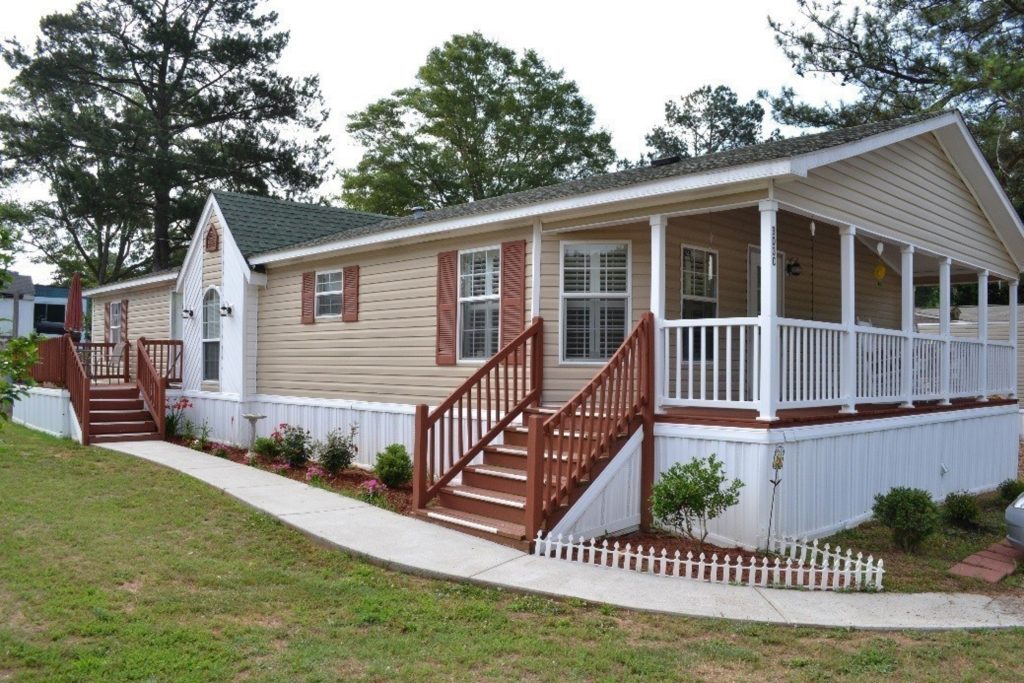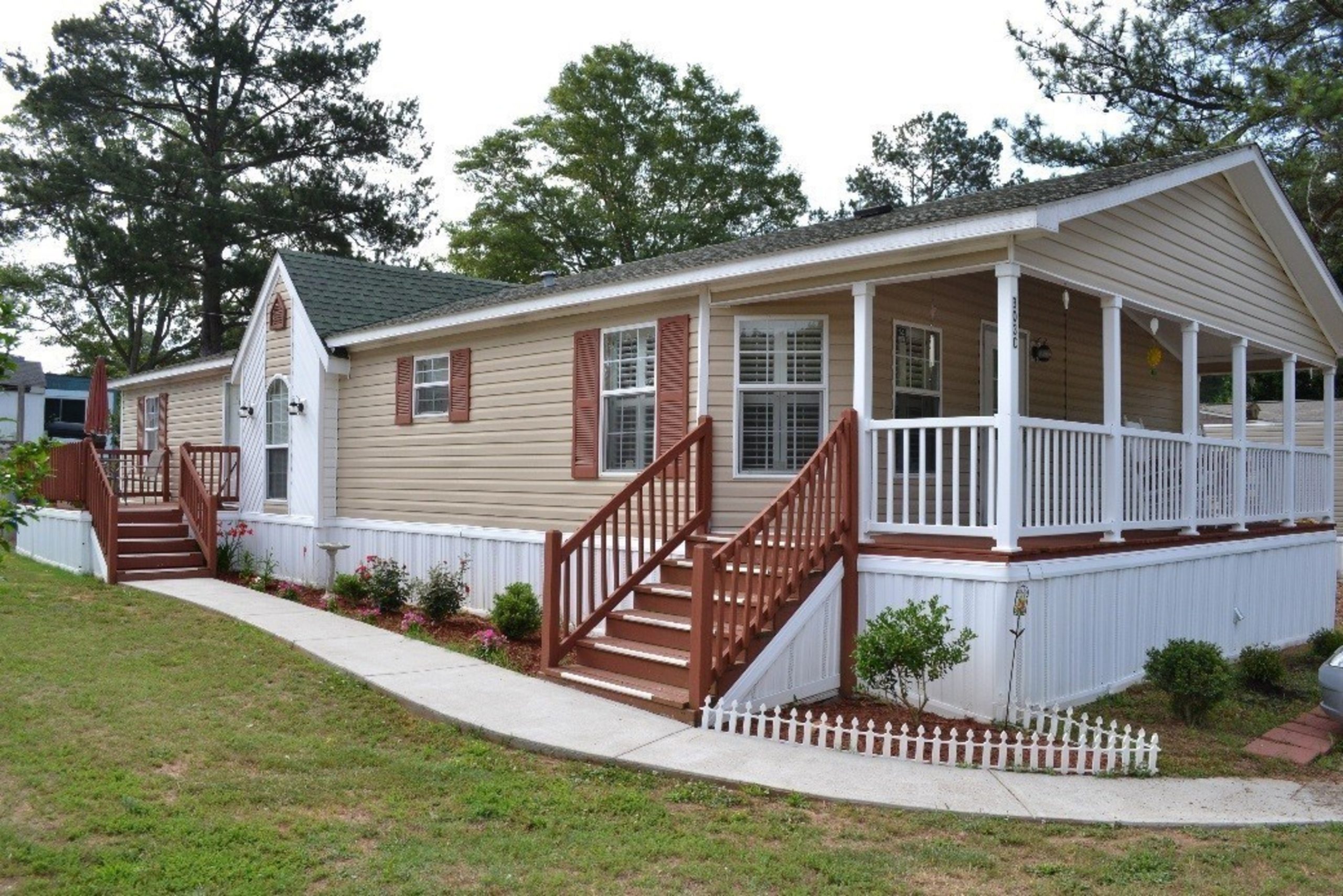Yes Communities Lawsuit
Accusations of price-fixing on manufactured home lot rentals involving Yes! Communities, other real estate companies, and mobile homeowners, with ongoing legal proceedings.
- Parties Involved: Mobile homeowners filed a lawsuit against Yes! Communities and other real estate companies. The plaintiffs allege these companies conspired to fix prices artificially high for manufactured home lot rentals, exploiting a captive market of homeowners who can’t afford to move their homes.
- Cause of Action: The companies are accused of violating the Sherman Antitrust Act.
- Relief Sought: Plaintiffs seek treble damages, a provision in the act that triples the amount of the actual or compensatory damages.
- Current Status: The case is currently under ongoing legal proceedings.
Yes Communities Lawsuit explanation
The Yes! Communities lawsuit is a class-action case that accuses the company, along with other real estate firms, of price-fixing in the mobile home lot rental market. Specifically, it alleges that these companies coordinated to inflate the rental prices of manufactured home lots, exploiting low-income individuals who are often the primary residents of such communities.
The lawsuit targets an alleged pattern of overcharging that has been ongoing since August 2019. The victims, according to the suit, are mainly elderly and low-income individuals who make up the majority of mobile home communities. The lawsuit contends that these residents, who have a median annual household income of just $35,000, have unfairly suffered from the high rental prices.
The companies are accused of sharing non-public data among themselves to fix rental prices, a clear example of price coordination. This alleged price-fixing isn’t confined to a single state or region but has caused nationwide damages, according to the plaintiffs. The class action lawsuit seeks to put an end to these exploitative practices, demanding substantial financial compensation for those affected.
Parties involved
Yes! Communities, Inc. stands out as a key defendant in the manufactured home lot rent class action lawsuit.
It’s said that they coordinated with other defendants, conspiring to maintain artificially high rental prices for manufactured home lots.
These accusations, if proven true, could result in serious penalties.
The cause of action
- Yes! Communities, Inc. allegedly coordinated and fixed rental prices for manufactured home lots. This means they’re accused of working with others to set prices rather than letting market forces dictate them.
- The company is also accused of using JLT Market Reports to share competitively sensitive information. This could have given them an unfair advantage over their competitors.
- According to the plaintiffs, Yes! Communities, Inc. maintained artificially high rental prices. Essentially, they’re accused of inflating prices to an unfair level.
- Finally, the Sherman Antitrust Act violation is serious. This law aims to promote fair competition, and violations can lead to hefty penalties, including treble damages.
Relief being sought
At the forefront, the plaintiffs are seeking treble damages for the alleged price-fixing violations under the Sherman Act. The belief is that Yes! Communities has overcharged individuals on mobile home lot rentals, and the plaintiffs want to recover these overcharges.
They’re not stopping there, though. The lawsuit also aims to halt the alleged coordination of rental prices. This is where injunctive relief comes in. The plaintiffs want the courts to intervene and prevent Yes! Communities from continuing these alleged practices.
But relief isn’t only being sought in the form of financial compensation and injunctive action. The plaintiffs are also after attorneys’ fees, interest, and costs associated with this class action lawsuit. They believe it’s only fair that these expenses are covered, considering the circumstances.
Key events and timeline
Here’s a simple breakdown of the significant milestones in this case:
- August 31, 2019: The lawsuit claims that affected individuals started overpaying for lot rentals from this date on.
- October 5, 2023: The class action lawsuit was officially filed in federal court.
- Post-October 5, 2023: Accusations against Yes! Communities and other companies became public, stirring reactions in the real estate industry.
- Present Day: The legal proceedings continue, with plaintiffs seeking damages and injunctive relief for alleged antitrust violations.
Key arguments
The crux of the plaintiff’s argument hinges on the allegation that Yes! Communities, along with other real estate companies, engaged in price-fixing activities in the manufactured home industry. They’re accused of coordinating rental prices by sharing non-public data, which allegedly led to the overcharging of elderly and low-income individuals. This, they claim, is a blatant violation of antitrust laws.
Current status
As of now, the Yes! Communities lawsuit continues to unfold, with significant attention being paid to the allegations of price-fixing in mobile home lot rental prices. Defendants in this case include prominent real estate companies like Yes! Communities, Equity LifeStyle Properties, and Sun Communities. They’re accused of coordinating to inflate prices, impacting millions of Americans living in manufactured homes.
Here are the key points in this ongoing saga:
- The lawsuit alleges price-fixing and coordination among the defendants to manipulate mobile home lot rental prices.
- The lawsuit seeks to stop these alleged tactics and demands triple damages for the affected residents. This implies a significant financial repercussion if the defendants lose.
- These alleged inflated prices have a direct impact on the over 20 million Americans who live in manufactured homes.
- The impact of the alleged price inflation has been substantial, with an annual increase of 1% between 2019 and 2021.

Implications
If proven guilty of price-fixing, these manufactured home communities might face severe penalties for violating antitrust laws. Beyond hefty financial damages, they could be liable for treble damages, a form of punitive measure intended to deter companies from engaging in illegal practices.
The potential financial repercussions should serve as a stark warning to other communities engaging in similar practices. In addition, a ruling could mandate new practices to ensure fair pricing, which would significantly alter the operation of these communities.
Furthermore, if the court grants injunctive relief, it could halt the alleged price-fixing. This would provide immediate relief to residents, many of whom are already grappling with financial constraints.

Business Manager






